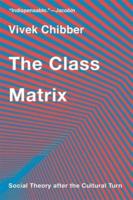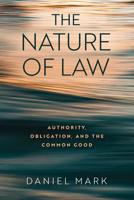Publisher's Synopsis
The writings of Karl Marx (1818-1883) have left an indelible mark not only on the understanding of economics and political thought but on the lives of millions of people who lived in regimes that claimed (wrongly) his influence. Trained as a philosopher and steeped in the thought of Hegel, Marx turned away from Hegelian philosophy after 1845 towards a philosophy that incorporated economics and history. It is this Marx that endures and to which this outstanding introduction is devoted.
Jaime Edwards and Brian Leiter begin with an overview of Marx's life and intellectual development, including his early years as a journalist in Germany before his exile in London. They then introduce and assess the fundamental elements of Marx's thought:
- Marx's theory of history and historical change (historical materialism)
- class conflict, the state, and the Communist revolution
- Marx's theory of economics, especially the labour theory of value, and his prediction of the collapse of capitalism
- the nature and role of ideology in Marx's thought
- Marx's theory of human nature and the good life, including his arguments concerning alienation
- Marx's legacy and influence, including Western Marxism, the Frankfurt School, and "feminist Marxism".
Including annotated further reading suggestions at the end of each chapter and a glossary of technical terms, this is an indispensable introduction to Marx's philosophical thought. It will also be extremely useful to those in related disciplines such as politics, sociology, history, and political economy.









